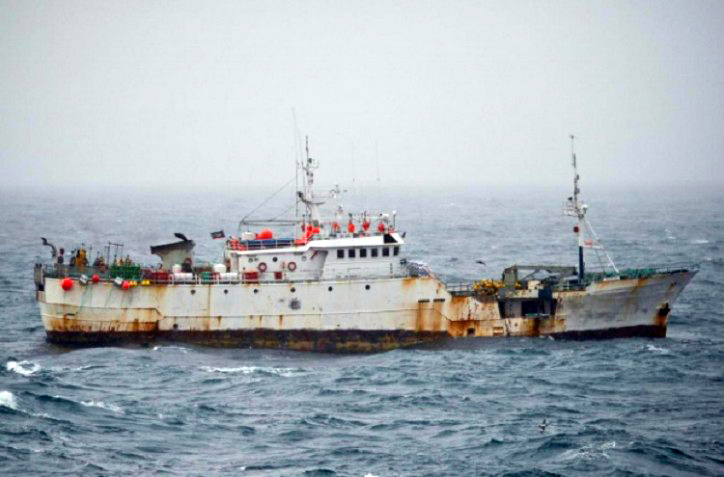“The ocean remains the least observed part of our planet” writes Douglas J. McCauley, in a recent Science Magazine article that outlines the issue of monitoring fishing boats in regions of the ocean that are difficult to observe.
McCauley, along with eight other authors, proposes measures that need to be taken to prevent illegal fishing and enhance regulation in these areas. Continue reading


